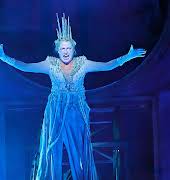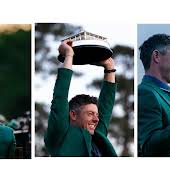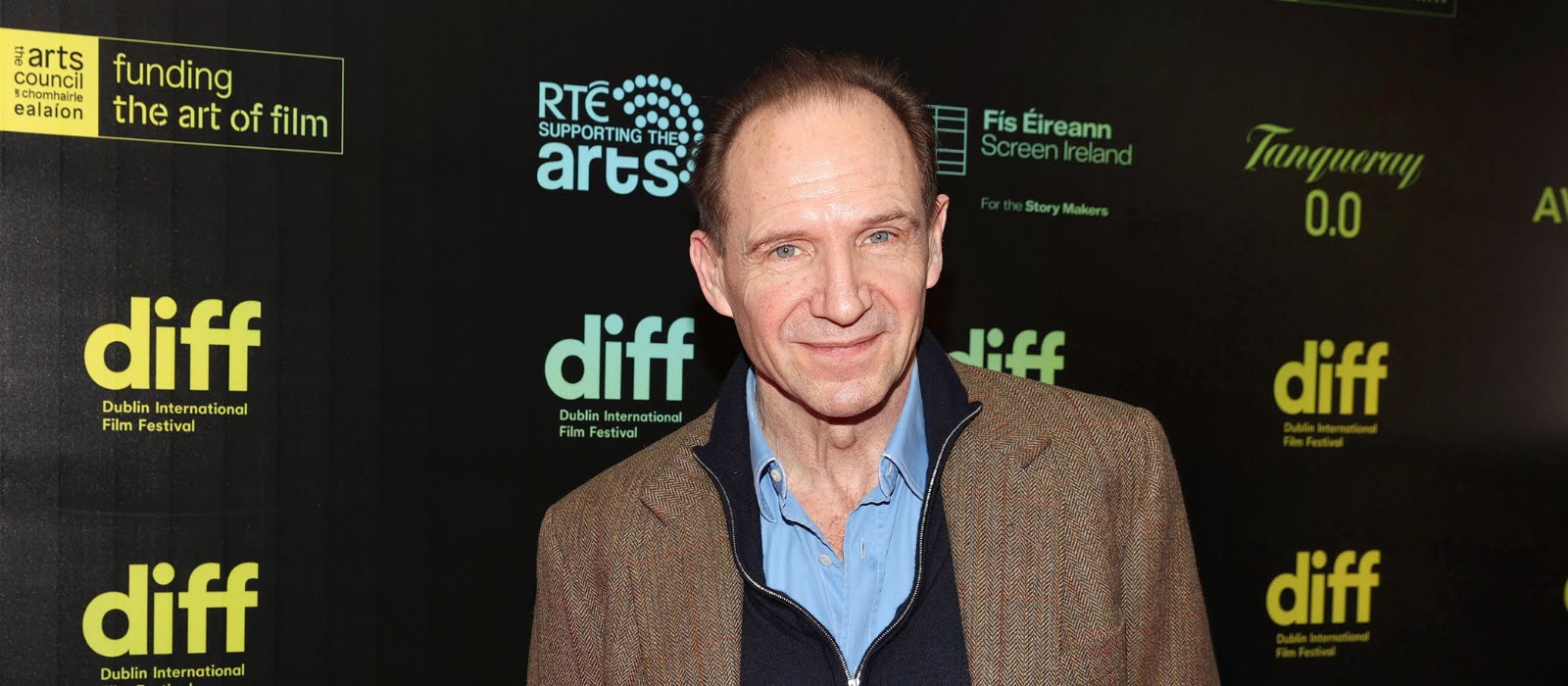The Return review: Ralph Fiennes is captivating as a war-torn Odysseus
Oscar-nominated actor Ralph Fiennes and director Uberto Pasolini reunited in Dublin this February for the Irish premiere of their new film, The Return. A visually stunning retelling of part of Homer’s The Odyssey, the film trades the mythological for the human, where the true cost of war takes centre stage.
*Spoilers ahead. Are they really spoilers if the poem the film is based on dates back to the 7th century BC? I think not, but regardless, you’ve been warned.*
A modern retelling of Homer’s The Odyssey, the film focuses on Odysseus’ return to Ithaca after the Trojan War. “If you’re here expecting Polyphemus (the one-eyed giant son of Poseidon and Thoosa in Greek mythology, one of the Cyclopes described in Homer’s Odyssey), sirens, monsters, travels… ask for your money back,” joked director Uberto Pasolini as he introduced the film at the opening night of the Dublin International Film Festival back in February. The film’s roots may be in Greek mythology but Pasolini is more interested in the human story that Homer tells us.
The opening film for this year’s Dublin International Film Festival, both Pasolini and the film’s star, Ralph Fiennes, are much-loved friends of the festival. In fact, Fiennes has been here many times before the festival, even winning a Volta award for The White Crow in 2024. “I love being in Dublin, it’s a thrill,” Fiennes told IMAGE.ie on the red carpet, adding that it was “easy to say yes” to DIFF’s invitation.
On the topic of the upcoming Harry Potter TV series, which HBO have set for a 2026 release date, Fiennes says he was surprised to hear that the project was being revisited so soon. “It seems only yesterday we finished making the movies, but these things happen, don’t they… these big corporations, they’ll do it all again. I’m sure it will be great. I’m sure it will have a different energy, different qualities and there will be wonderful new performances in all those roles we know so well and that it will have a new life.”
As it stands, Cillian Murphy is one of the frontrunners tipped to play Lord Voldemort—arguably one of Fiennes’ best-known roles to date. How does he feel about passing the baton on? “He’ll be fantastic. He’s a great, great actor. He’ll be wonderful.” That sounds like a glowing recommendation to me…
Back to Fiennes’s current project, The Return. Delving into the emotional and psychological effects of war, Fiennes stars as Odysseus, a man changed irrevocably by his past—with the scars and battle wounds to show for it. Juliette Binoche plays his loyal wife, Penelope, with Charlie Plummer as their son, Telemachus. After 20 years away, Odysseus washes up on the shores of Ithaca, a shell of his former self. Confused and disoriented, he’s taken in by Eumaeus, a slave and swineherd, who feeds him and tends to his wounds. Much to the king’s dismay, Ithaca has changed greatly since he left two decades ago to fight in the Trojan War. His beloved wife is a prisoner in her own home, hounded by scoundrels all vying for her hand in marriage.
Telemachus is constantly under threat of death from his mother’s suitors, who see him as an obstacle in their path to the throne. Penelope is hopeful her husband will soon return and keeps the men at bay, promising she will make her decision when she has finished weaving her father-in-law’s burial shroud. However, whatever progress she makes by day, she undoes secretly by night. Haggard and unrecognisable, Odysseus bides his time, using his relative anonymity to determine who his allies are. The final scenes culminate in a ruthless battle in which Odysseus takes his revenge against the other men and reclaims the throne. Blood-red imagery prevails throughout, be that in the yarn Penelope uses, in visceral shots of blood mixing with water or indeed with the parting image of Odysseus’ enemies becoming one with the earth. It’s a powerful motif that reminds us just how much has been sacrificed.
Shot in both Greece and Italy, the locations are paramount in bringing the story to life, and the golden-hued colour palette and shots of rolling pastoral land add greatly to the authenticity of the project. Beautiful and arty, though at times quite slow-moving, the pacing is necessary to allow the characters time to percolat,e and Fiennes is mesmerising as a soldier hollowed out by war. As Zachary Lee notes in his review for RogerEbert.com, “There’s an inherent and sweeping tragedy to The Return that makes Pasolini’s film feel truly epic, namely in the ways the visual language of the film mourns the bloodshed that would otherwise thrill in a picture like this.”
A minimalist take on a classic story, I think it’s enough to keep Homer fans satiated—at least until Christopher Nolan’s Odyssey comes out in July 2026—with trojan performances from both Binoche and Fiennes (pun very much intended).
The Return opens in Irish cinemas this April. Watch the trailer below.
Feature image by Brian McEvoy



















